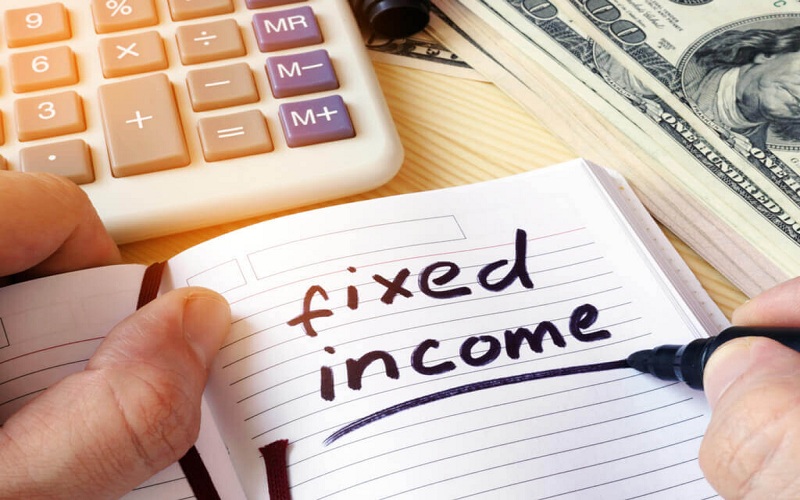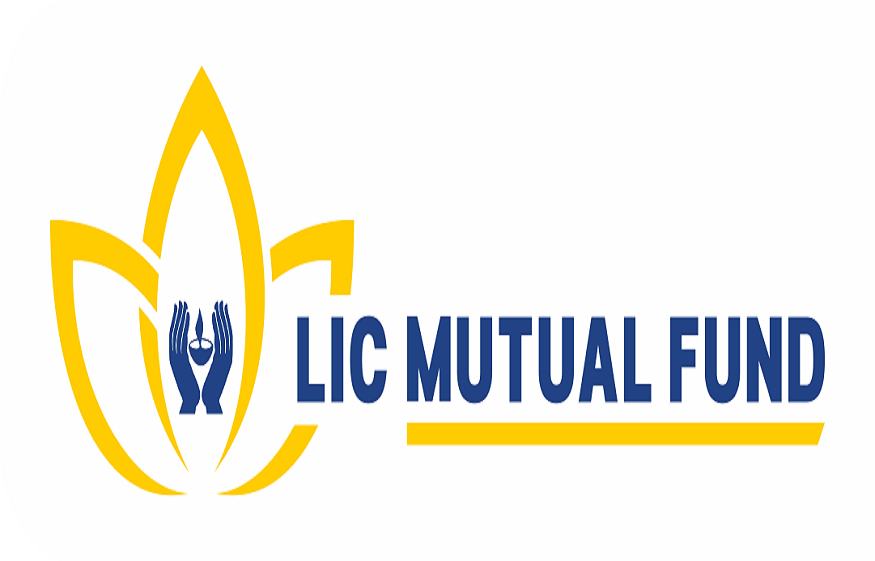Why Should You Consider Fixed Income Investing?
The level of risk involved in investing can be nerve-wracking, especially for soon-to-be retirees and beginners. Sometimes, you can lose the money you put in the market, either a partial amount or all the amount, with no clear notification of when you’ll be able to recover the losses. Therefore, using lower-risk assets to balance your portfolio is essential. And one way of doing that is through fixed-income investing. Amidst market uncertainty, investors turned to fixed rate income bonds for stable returns. This lower-risk investment strategy generates constant payments from investments like certificates of deposit, money-market funds, and bonds. Fixed-income assets are less risky than investing in stock, but that doesn’t mean they are risk-free. In this article, you will learn more about fixed-income investing.
What Does Fixed-Income Investing Entail?
Fixed-income investing involves receiving a fixed income stream through dividends or interest by putting your funds in low-risk assets. This approach helps you earn passive income, mitigate market risk, and preserve capital. However, these kinds of investments are usually low risks and don’t contribute to too much portfolio growth. Fixed-income investing entails loaning money to a corporation, government entity, or bank and receiving interest at the predetermined loan period. Investors receive interest payments at periodic intervals at the end of the loan term or until their investment matures.
The Different Kinds of Fixed-income Investing?
There are many investments with fixed income. If you’re considering this type of investment, you can choose from a vast range of products.
Bonds
These include municipal, corporate, and government bonds. The borrowers pay an investor a fixed interest rate over a set period after issuing the bond. After the term ends, the borrower pays the investor the bond principal amount. Investors sought stability through fixed income bond amidst market volatility.
Money-market Funds
Money-market funds are mutual funds that invest in short-term debt instruments like CDs, Treasury bills, and corporate debt. They can provide a liquid source of funds, but their returns will fluctuate by market interest rates.
Certificate Of Deposit (CDs)
A CD is a deposit account that provides interest in exchange for committing to keep your money in the bank for a set amount of time. Longer-term CDs typically offer higher interest rates. Banks and credit unions offer certificates of deposit, and they will pay a premium for your readiness to park your money for a longer duration of time, which can range from three months to five years or more. Instead of having simple access to your money like a savings account, a CD often requires you to pay a penalty if you want to withdraw your principle before maturity.
Bond Exchange-traded funds (ETFs)
Bond ETFs are stock-exchange-traded funds that invest in a bond portfolio. They are a set of bonds that can be traded intraday. They can diversify your portfolio while potentially providing income and inflation protection, greater yields, and tax advantages. In market volatility, fixed rate income bonds assure investors of stable returns.
Bond Mutual Funds
Bond mutual funds operate similarly to stock mutual funds. You combine your money with other investors and invest it in various bonds. Investors diversified their portfolios by adding fixed income bond for stable returns.
Bottom Line
Fixed-income assets can add essential stability to a portfolio made up mainly of stocks, which is why financial advisors incorporate them in their clients’ portfolios. Fixed income reduces volatility while offering a consistent stream of cash flow, which is especially useful for older adults who want the security of monthly income.



